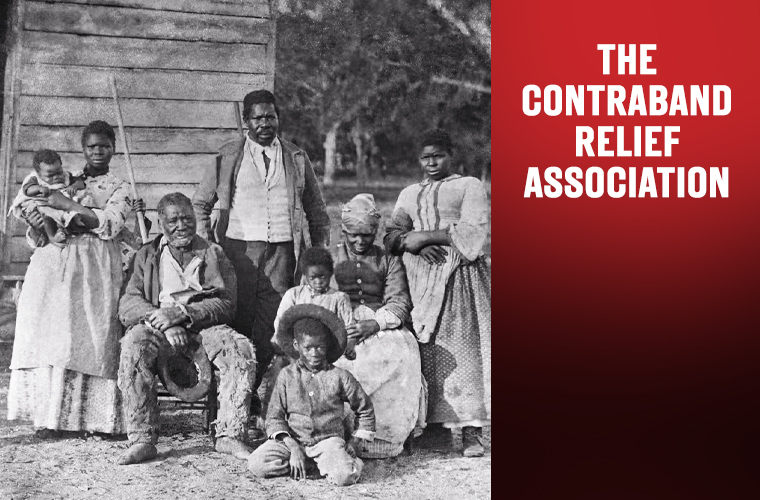The Contraband Relief Association was established amid the Civil War in the United States, with the primary goal of providing support and relief to escaped slaves, also known as contrabands, who sought refuge behind Union lines. The organization played a crucial role in addressing the immediate needs of these individuals, including food, shelter, and medical care, while also advocating for their rights and working toward their long-term well-being.
At the heart of the Contraband Relief Association’s mission was the commitment to providing humanitarian aid to those who had escaped slavery and sought freedom. As thousands of contrabands fled to Union-controlled territory, they faced dire circumstances, including poverty, hunger, and disease. The Association recognized the urgency of these needs and worked tirelessly to mobilize resources and support from sympathetic individuals and organizations.
One of the key initiatives of the Contraband Relief Association was the establishment of contraband camps, where escaped slaves could find refuge and receive assistance. These camps provided essential services such as food distribution, housing, and medical care, offering a semblance of security and stability to those who had endured the horrors of slavery. The Association also facilitated educational opportunities for contrabands, recognizing the importance of literacy and knowledge in empowering individuals to build a better future.
In addition to direct aid, the Contraband Relief Association was actively involved in advocating for the rights of contrabands and working towards their long-term well-being. The organization lobbied for policies that would protect the rights of escaped slaves and ensure their freedom, while also supporting efforts to provide employment opportunities and vocational training to help contrabands establish themselves as free individuals.
The Contraband Relief Association also worked closely with other relief organizations, government agencies, and philanthropic groups to coordinate efforts and maximize impact. By leveraging partnerships and collaborations, the Association was able to expand its reach and effectiveness in providing support to contrabands across different regions.
The legacy of the Contraband Relief Association extends beyond its immediate relief efforts during the Civil War. The organization played a pivotal role in shaping the discourse around emancipation and freedom, highlighting the resilience and agency of escaped slaves in seeking a better life. Its advocacy and humanitarian work laid the groundwork for ongoing efforts to address the legacy of slavery and systemic inequality, contributing to the broader struggle for civil rights and social justice.
In conclusion, the Contraband Relief Association stands as a testament to the power of humanitarian action in times of crisis. Through its dedication to providing relief, advocating for rights, and fostering empowerment, the organization made a lasting impact on the lives of escaped slaves during a tumultuous period in American history. Its legacy serves as a reminder of the importance of compassion, solidarity, and resilience in advancing social change and upholding human dignity.

